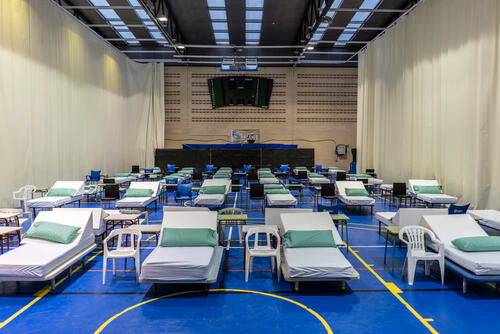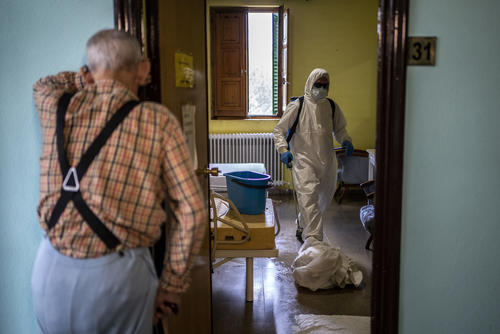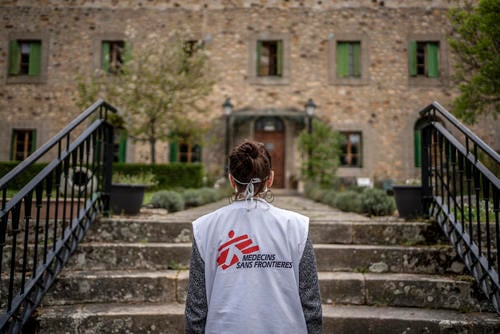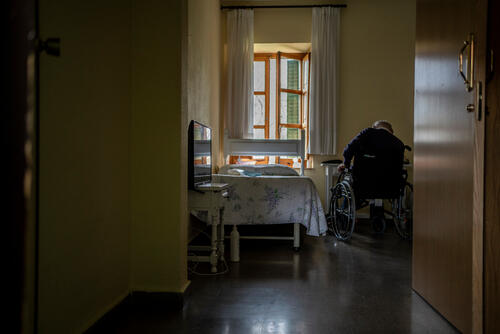Médecins Sans Frontières (MSF) is stepping up our response to the coronavirus COVID-19 pandemic by starting medical, logistical and strategic support activities in Spain. We will be leveraging our experience and expertise in managing epidemics in fragile contexts, in working in the country.
According to the latest official figures, the situation in Spain is very serious, with a death toll of 2,696 people. More than 40,000 people are infected, 5,400 of whom are health workers – representing more than 1 in 10 of total confirmed cases.
Activities in Spain to tackle three priorities
For our activities in Spain, we will adopt a three-tiered approach. MSF has reached out to Spanish national and local health authorities to provide them with advice and technical support on strategies to manage this public health crisis.
“Our goal is twofold: to help relieve the pressure on hospitals and health centres so that they can focus on treating the most severe patients, and to strengthen the protection of the elderly, one of the most vulnerable groups in this pandemic,” said Dr David Noguera, president of MSF Spain. “We are seeking to share our experience so we can act in the interest of those who are most vulnerable.”
We are seeking to share our experience so we can act in the interest of those who are most vulnerable.Dr David Noguera, president of MSF Spain.
Establishing temporary hospitals and reducing infections
One of the first priorities is to tackle infections within healthcare structures and treating people with coronavirus COVID-19 in a manner that would contribute to reducing the risk for patients with other illnesses from getting infected.
The second priority aims to decongest hospitals and healthcare centres by setting up temporary hospitals for people with mild and moderate symptoms of COVID-19 so that intensive care units can focus on treating people with severe symptoms.
Following the green light from Madrid’s Regional Government, MSF set up a 100-bed temporary hospital to accommodate people with moderate symptoms at the University of Alcalá de Henares, located 31 kilometres east of the capital. Treatment of patients will be handled by the staff of the nearby Hospital Príncipe de Asturia, relieving pressure on the hospital’s emergency department, where severe patients that require hospitalisation in the intensive care unit will be sent to.
We have established another temporary hospital in a sports centre near the Hospital Severo Ochoa in Leganés, 11 kilometres southwest of Madrid. Discussions with local health authorities are also ongoing in identifying other locations to set up temporary hospitals in Catalonia.
Helping to protect the elderly and vulnerable
The third priority looks outside of healthcare facilities, where we are providing advice to the steering committees of nursing homes for the elderly. Our teams are working on risk assessments and implementation of hygiene and protection measures to reduce transmission of the coronavirus within residences, as well as improving patient care.
All of these activities, in coordination with national and local health authorities, are essential to increase treatment capacity, reduce mortality and prevent infections.






